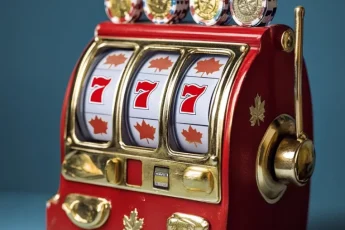In the United States, sweepstakes are regulated at both the federal and state levels to ensure fairness, transparency, and consumer protection. Here are the primary bodies responsible for regulating sweepstakes:
Содержание
1. Federal Trade Commission (FTC)
- The FTC oversees consumer protection laws and regulates misleading or deceptive advertising practices, including those related to sweepstakes. It ensures that sweepstakes promoters are transparent and that the terms of participation are clear.
- Sweepstakes must follow the FTC’s guidelines to avoid being classified as illegal lotteries.
- Source: FTC Website
2. United States Postal Inspection Service (USPIS)
- If sweepstakes involve any mailings, the USPIS ensures compliance with federal postal regulations, particularly around misleading claims, fraud, or solicitation.
- They focus on protecting consumers from fraudulent sweepstakes that use the postal system.
- Source: USPIS Website
3. State-Level Regulations
- Many states have additional regulations on sweepstakes. For example, Florida, New York, and Rhode Island require sweepstakes with large prize values to be registered and bonded with the state before being conducted.
- Each state can impose its own consumer protection laws, including rules about prize disclosures and eligibility.
4. Attorney Generals
- State Attorney General’s Offices play a role in regulating sweepstakes within their respective states, particularly when there are complaints of fraud or illegal activity.
5. Canada
- In Canada, sweepstakes are regulated by the Competition Bureau to ensure that promotions comply with the Competition Act, which governs misleading advertising and deceptive marketing practices.
- Source: Competition Bureau Canada
Legal Requirements:
- No Purchase Necessary: Legitimate sweepstakes cannot require a purchase to enter, or they risk being classified as lotteries, which are more heavily regulated.
- Disclosure of Rules: Sweepstakes must clearly disclose the rules, including prize values, entry methods, odds of winning, and eligibility.
These regulatory bodies ensure that sweepstakes are conducted fairly and legally, protecting both consumers and businesses from fraudulent or deceptive practices.
But if you live in Kyrgyzstan, you can try to bet on sports or play slots for money on the website kds.kg (1Win).








